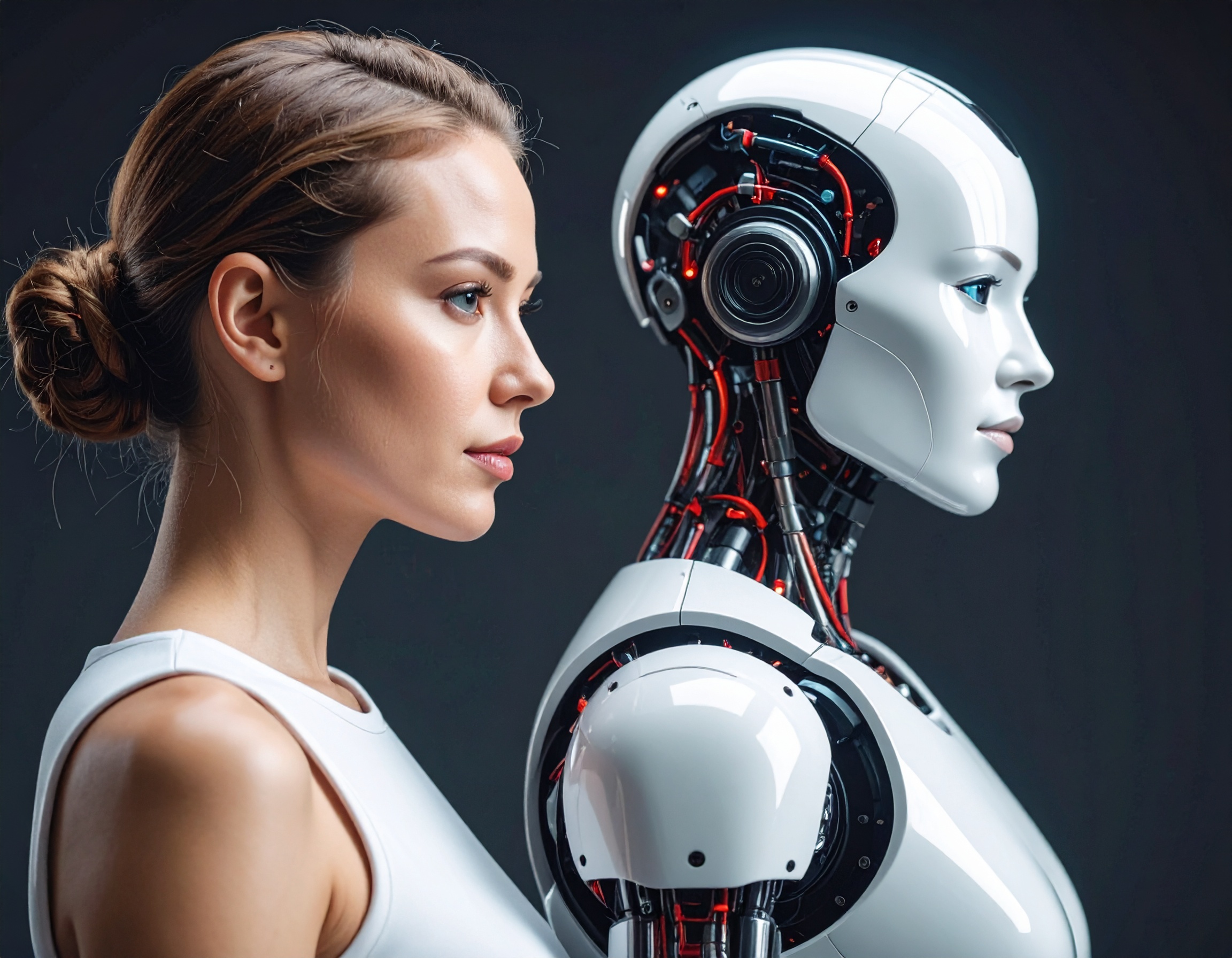Riding the Wave of AI: A Four-Day Work Week Beckons as Digital Employees Take Center Stage

In a thought-provoking report unveiled on November 20, 2023, by euronews.com, a captivating glimpse into the future of work has emerged, suggesting that a four-day work week might become a reality for millions by 2033, all propelled by the transformative force of Artificial Intelligence (AI). The report explores the rise of Intelligent Agents and Digital Employees, signifying a monumental shift in the landscape of employment.
This isn't just speculation; concrete evidence of this paradigm shift is already visible. Intelligent Agents, sophisticated AI entities, are increasingly assuming roles traditionally held by humans, performing intricate tasks with efficiency. The report provides compelling examples, such as algorithms streamlining logistical operations, automated customer service agents handling inquiries, and machine learning systems making data-driven decisions. As Non-Human Workers become integral to various industries, the prospect of a shortened work week becomes increasingly plausible.
The real significance of this transition lies in the potential redefinition of the standard workweek. With Intelligent Agents seamlessly managing routine and complex responsibilities, the traditional five-day work schedule could give way to a more balanced and leisure-oriented four-day format. Beyond the practical implications, this shift prompts profound questions about societal norms, work-life equilibrium, and the redistribution of labor in a digitally enhanced economy. The vision of a four-day work week isn't merely speculative; it's a window into a future where human workers and Digital Employees collaboratively shape the dynamics of the modern workplace.
As we navigate the transformative influence of AI, the tantalizing prospect of a four-day work week by 2033 signifies not just a change in routine but a seismic shift in the nature of work itself. While challenges and ethical considerations may arise, the promise of increased personal time and heightened productivity paints a picture of a future where Intelligent Agents and Non-Human Workers share the stage in reshaping the very essence of our professional lives. The journey towards this imminent future has already commenced, and its realization could revolutionize the way we approach work in the years to come.
Key Highlights:
- A report released by euronews.com on November 20, 2023, envisions a potential shift towards a four-day work week for millions by 2033, driven by the increasing influence of Artificial Intelligence (AI).
- The report emphasizes the rise of Intelligent Agents and Digital Employees, showcasing tangible examples of AI entities handling complex tasks traditionally performed by humans. This includes algorithms streamlining logistics, automated customer service agents, and machine learning systems making data-driven decisions.
- The transition to Non-Human Workers signifies a fundamental change in the nature of work, with the potential for a significant reduction in the standard five-day workweek. The integration of Intelligent Agents aims to boost efficiency and productivity, liberating human workers from routine tasks.
- The significance of this shift extends beyond practical implications, sparking discussions about societal norms, work-life balance, and the redistribution of labor in an AI-driven economy. The report offers a glimpse into a future where human workers and Digital Employees collaborate seamlessly in reshaping the modern workplace.
- While challenges and ethical considerations may arise, the promise of increased leisure time and heightened productivity paints a compelling picture of a future where AI plays a pivotal role in redefining the essence of work. The journey towards a four-day work week has already begun, heralding a transformative era in the professional landscape.
Reference:


